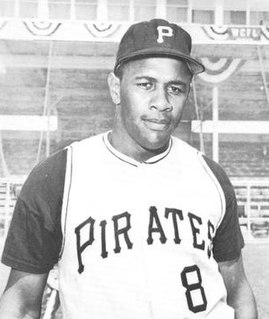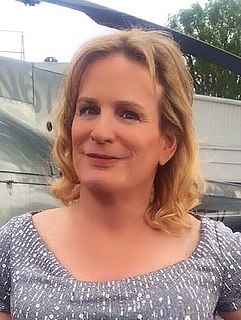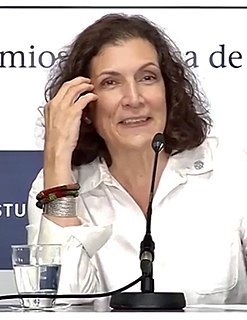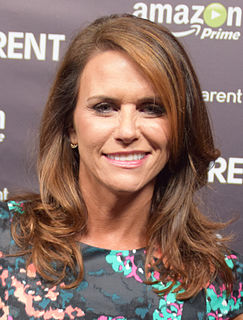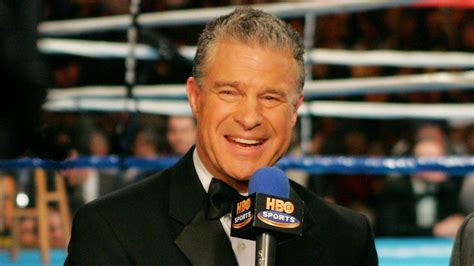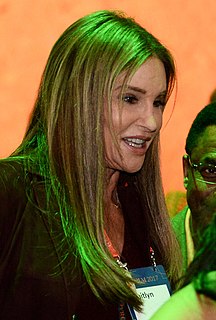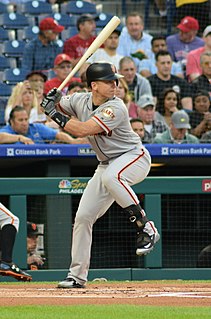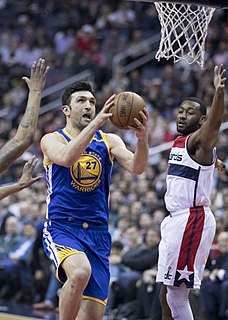A Quote by Willie Stargell
If a reporter doesn't like the person he's writing about, it shows up in his article.
Related Quotes
A police reporter walks into the worst moment in someone's life on every single story that he covers. It's not like being a sports reporter. That's a great job and all that and takes certain skills. But, you know, they're glad to see you when you show up to cover the football game. Nobody is ever glad to see a police reporter when he shows up.
I think I'm a reporter's editor. Being a good reporter is a specific skill, one I admire and don't possess myself - I appreciate people who know how to ask the right questions, who are excellent researchers, who know how to assemble information, and I enjoy working with them to shape their information into an article. Good reporters tend to be receptive to editing, and to a more collaborative form of writing in general, and you always end up learning more from how they work than you expect you will.
There's a continuity between what I care about in any form: I care about it in my music, in article-writing, in how I dress, in how I live, in my relationships, in how I navigate paparazzi, how I decorate my home. There's such a continuity between everything that I don't really care what form it shows up in.
That's one thing brands are understanding is, I'm the blogger who's not writing about fashion. I'm not writing about beauty. I'm not writing about gossip. I'm not writing about politics. I'm writing about all of that. I'm the person they can come to if they just want to reach people who care and have their fingers on pop culture.
I was kind of amazed because I first found out about blue boxes in an article in Esquire magazine labeled fiction. That article was the most truthful article I've ever read in my life... That article was so truthful, and it told about a mistake in the phone company that let you dial phone calls anywhere in the world. What an amazing thing to discover.
A litterateur is not a confectioner, not a dealer in cosmetics, not an entertainer. . . . He is just like an ordinary reporter. What would you say if a newspaper reporter, because of his fastidiousness or from a wish to give pleasure to his readers, were to describe only honest mayors, high-minded ladies, and virtuous railroad contractors.
I don't think a reporter necessarily becomes an arm of law enforcement. I think a reporter is like any other citizen. If a citizen can do his or her duty as a witness, if they have information about a crime, or if they have information about a criminal group, I think that there's a duty on the part of the citizen.
Writing for adults and writing for young people is really not that different. As a reporter, I have always tried to write as clearly and simply as possible. I like clean, unadorned writing. So writing for a younger audience was largely an exercise in making my prose even more clear and direct, and in avoiding complicated digressions.
